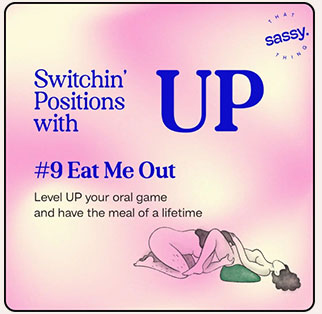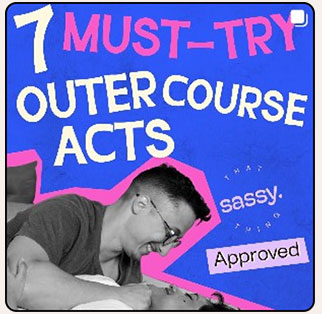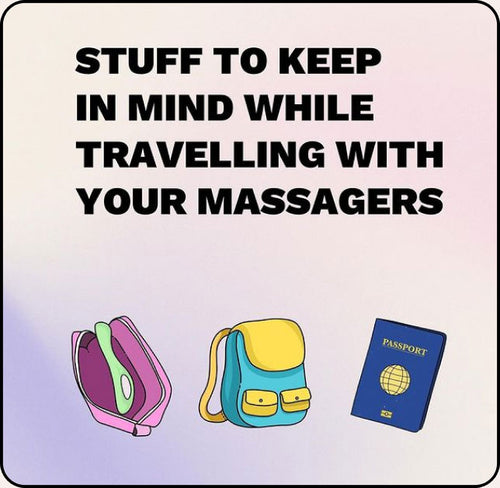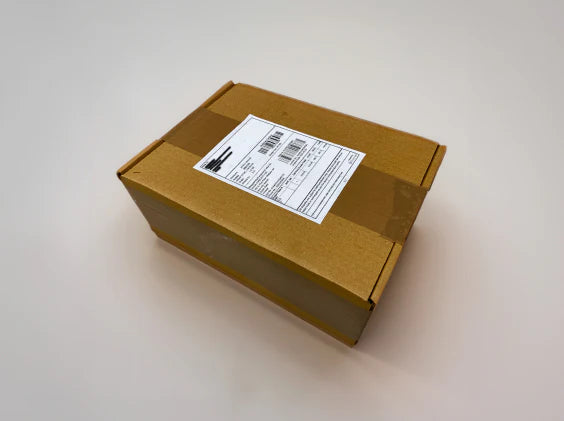
Do you remember puberty being explained to you? Perhaps in biology class or in sex-ed hour at school (if you had one) or during ‘the chat’ with your parents, most likely your mother? Were you, like me, also told that the onset of puberty is marked by a sudden and increased sexual & romantic interest in members of the ‘opposite sex’? That you’d suddenly feel a deep desire to date them, hold hands and maybe even kiss them?
Throughout my teenage years, I was deeply disinterested in dating boys – because, after all, if I sat with the other girls, wore the same uniform as the girls, and used the girls’ washroom, then there was no question about my being a girl. Which in turn meant that the ‘sex’ that lay opposite mine is that of the boys. My relationship with the boys at school was tinged with either deep platonic feelings or mild disgust (the boys’ washroom was cleaned oftener than the girls’) or brief crushes that dissipated as quickly as they came. The desire to date them seemed non-existent in me, even when I searched for it within myself. As I watched my peers hold hands, steal kisses and refer to them as their boyfriends, I often felt broken in some way that was beyond my articulation then.
As I grew out of my teenage years and moved out of my parents’ home, my desire to become financially self-sufficient was bigger than my curiosity to date. After plenty of persuasion from my friends (most of which were boys from my school who were now adults themselves), I downloaded the dreaded dating apps. I had no metric to judge my interest in people’s profiles except this mythical attraction that some supposedly felt upon that first glance. A primal, inexplicable pull that would make you want to bed and wed another person, I was told.
Despite the illusion of choice that dating apps present, I felt apathetic about dating even in my 20s. There was so much else in life that drew out my curiosity that I felt unmoved to do anything about it. Then one day, I chanced upon the mention of asexuality on a subreddit. Naturally, as a journalist I made a project out of speaking to various folx from these forums who identified as asexual or aromantic and put together an anthology based on these interviews called ‘The (A)sexual Self’.
Doing so helped me clarify a lot of things about my own desires and identity, such as:
-
Asexuality does not mean that you are taking a vow of celibacy. Celibacy is often a conscious choice made by a person to not engage in sexual relationships even when they desire it. Asexual folx often do not feel this desire or experience sporadic desire for it or under specific conditions.
-
Romance and emotional depth can be found in relationships that are not sexual. It is often thought that romance and sexual interest must intersect in finding ‘the one’. Asexual or not, this is often not the case. Several of our friendships and familial relationships offer emotional depth that is hard to find in relatively-brief courtships. It also seems unrealistic to expect such a bond to develop with somebody whom you cautiously chat with after swiping right on a dating app.
Romance too is characteristic of various close relationships. Wanting to hold hands, spend one-on-one time, cuddle or nuzzle somebody does not automatically translate into wanting a sexual relationship with them. In fact, close friendships often elicit such behaviours in many of us, whether we label them as romantic feelings or not.
-
Phases are valid. Many a time, when we share with vulnerability about how our interests and desires have changed over a period of time, it is often dismissed as being ‘just a phase’. Therapists, friends, families, colleagues and other acquaintances might say, often with good intentions, that they have seen you at a time when you displayed interest in dating and sexual relationships, when you thrived in them, when you pursued one over a long-term. However, our life’s experiences, changes in our body due to injuries, illnesses, or even embodied trauma, can cause our desires and interests to take new forms. And no matter how long that lasts before they take another form, it is an identity that you can align yourself with and it is important that others respect that.
-
Asexuality does not mean you’re sex-averse. Being sex-positive does not mean that you are actively seeking out sexual interactions. Sex positivity is about having agency in pursuing (or not) such engagements in a manner that is safe (physically, emotionally, mentally) as well as exciting or curious for everybody involved in it. Asexual folx can be sex-positive or have unhealthy patterns, just like everybody else! Some asexual folx are touch-averse, whereas others (like yours truly) are very curious about it from the perspective of sensuality or developing physical intimacy, human warmth and chemistry with another person.
-
Asexual folx can want to pursue exclusively romantic relationships, sexual relationships or both. Despite not feeling an innate desire for another person in these ways, many asexual folx may be curious about being in such relationships anyway. In most cultures, being single or un-engaged in dating is frowned upon. Many times, single folx find it hard to access the benefits of community and several tangible benefits such as affordable health insurance, housing loans, adoption services, among others. Media too glorifies the experience of such relationships, and many of us aro-ace folx function within these frameworks. We too might have fantasies about experiencing conjugal bliss and might feel shame for not pursuing them in ways that we are expected to.
- Asexuality is not our entire personality. Most of us have other interests besides constantly introducing ourself as asexual people. Some of us may be more curious about expressing our experience of gender in ways that do not align with the gender we were assigned at birth. We might be passionate about the arts, our careers, volunteering at the pet shelter. Hell, some of us can also be into global domination. Our dispassionate disinterest in sexual liaisons does not define us, as ironic as it feels to have to clarify that.
----------
About the author:

Tejaswi is a media professional and researcher focused on pleasure & joy in areas of public health. Their attention is captured by post-colonial human relationships at a time of the Internet of Things.
Tejaswi is autistic and identifies as queer in more ways than one.












